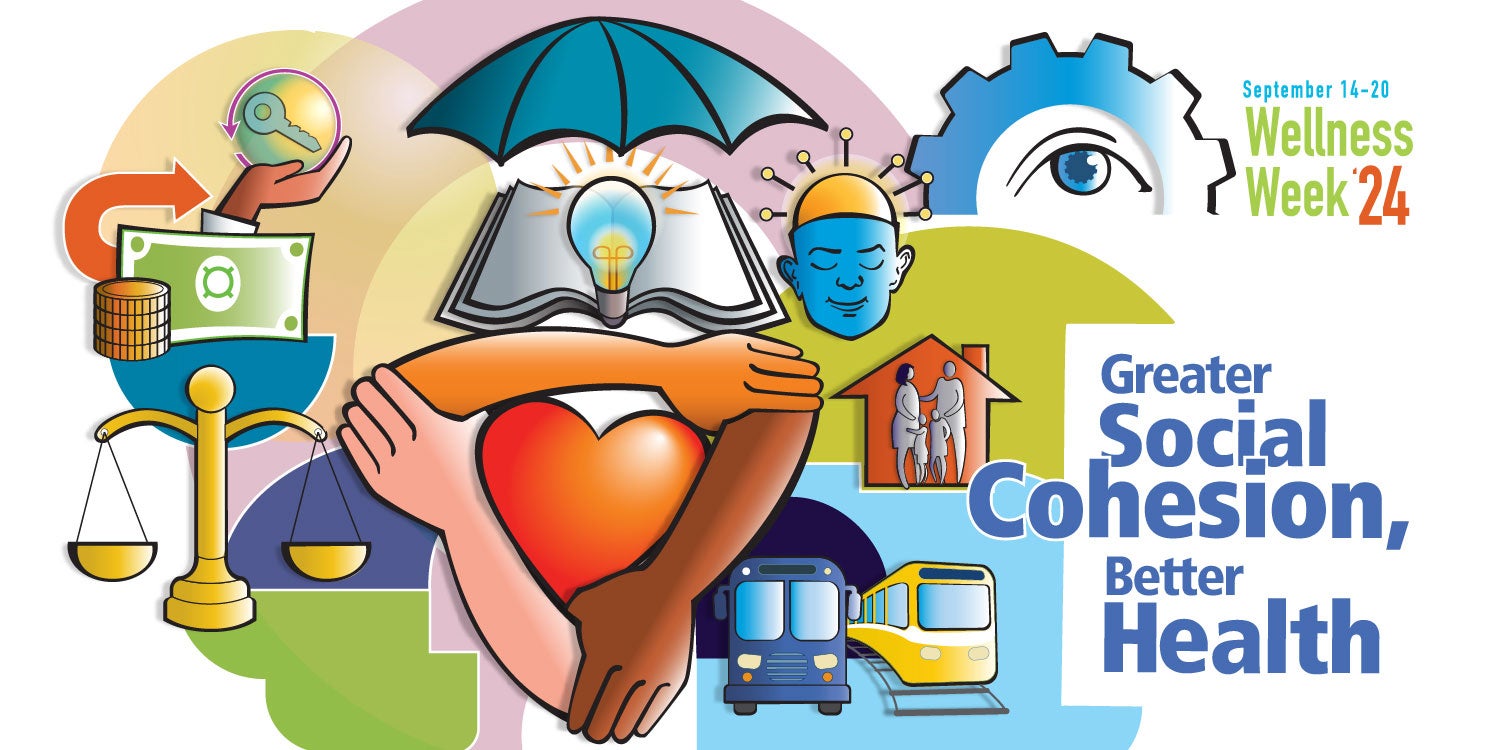Social cohesion is understood as the capacity of a society to generate bonds of belonging and solidarity among its members, promoting the active inclusion of all people in community life. Thus, it is associated with the capacity to guarantee well-being and social justice, minimizing and/or eliminating marginalization and inequalities between social groups, territories and people.
Recognized as an important social determinant of health, social cohesion is related to better indicators of mortality, violence and prevalence of chronic non-communicable diseases, among others. For example, at the neighborhood level, there is evidence that greater social cohesion contributes to mitigating the effects of stressful life events, thus having a positive impact on the mental health of people in all age groups. Other recent examples can be found in the COVID-19 pandemic. Communities with more support networks, community involvement and collective care had a better response to the pandemic in terms of morbidity and mortality and equity.
The Pan American Health Organization (PAHO) calls for promoting social cohesion by strengthening the active involvement of people in community life and collective decisions, expanding their impact and promoting the exchange of experiences, challenges and achievements in building healthier, more equitable and cohesive societies in the Americas.

